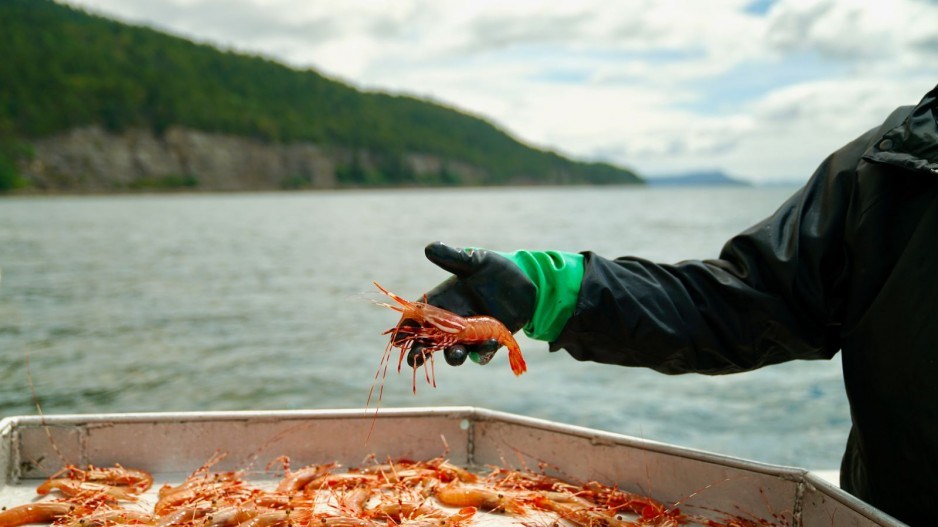More British Columbians eat seafood and fish every week than any other region in Canada, a new poll has found.
The survey, conducted by the Agri-Food Analytics Lab at Dalhousie University in partnership with the Angus Reid Forum, found 45.8 per cent of B.C. respondents eat fish and seafood every week. In Quebec, the share of weekly seafood and fish eaters dropped to 27.2 per cent.
Stefanie Colombo, an associate professor at Dalhousie University and co-author of the study, said she was not expecting to see almost 87 per cent of Canadians report they regularly consume seafood. Another surprise: almost two-thirds of respondents said nutrition was the primary reason for making that choice.
“This is kind of a benchmark. We don't really know much about Canadian habits with regards to seafood purchasing,” said Colombo, who is also a Canada Research Chair in Aquaculture Nutrition.
Beyond health, the poll found 40 per cent of Canadians are willing to pay more for seafood and fish that are certified sustainable. That jumped to 47 per cent among Canadian women and 47 per cent among B.C. respondents, the highest in the country.
B.C. respondents were also more inclined to consider impacts on the environment and climate change when they make food choices — 62 per cent among B.C. residents said they considered the natural world when buying fish and seafood, a figure that dropped to 54 per cent Canada-wide.
“People in B.C. are caring more about environment and sustainability when they're making seafood choices of any other region,” said Colombo.
The researcher said a majority of respondents considered humane treatment of seafood and fish when shopping for the two food groups, and most Canadians would prefer to buy seafood that was harvested or farmed in Canada.
“They want something local and I think that kind of speaks to the impacts of climate change and carbon footprint with regards to importing foods,” Colombo said.
Most Canadians overwhelmingly preferred wild seafood. Again, B.C. respondents led all regions with nearly 68 per cent saying they preferred wild-caught or harvested fish and seafood.
“Notably, Quebec was the only province where a higher percentage of the population expressed no preference for wild seafood at 52 per cent,” said the researchers in a summary of their findings.

Views over whether farmed fish and seafood are sustainable varied significantly from region to region. Whereas in Atlantic Canada, 55 per cent of respondents said they agreed with the statement “farmed seafood and fish is sustainable,” in British Columbia, that dropped to 35 per cent, with a roughly similar share saying they thought farming practices were not sustainable.
“The highest is Atlantic Canada, and the lowest is B.C. — interesting to look at that divide between coasts,” said Colombo. “I think it's the conversation around salmon aquaculture in B.C. right now. But we didn't ask about that in the survey.”
B.C. waters have been ground zero in an escalating debate over the sustainable harvest of open net-pen salmon farms. Advocates say the industry brings in millions of dollars into local coastal communities and employs thousands of people while providing a stable source of healthy protein. But critics point to a growing body of science raising questions over the role farmed salmon play in introducing pathogens to wild pacific salmon.
Colombo said what she is drawing from the study is that many Canadians who eat seafood care about harvesting practices and their impact and interaction with the environment and climate change.
“I think that can help inform industry and policy about what Canadians want and need from our seafood,” Colombo said.
“And I don't want that to be a password for industry to be like, ‘Oh, we can charge more because Canadians care about that.’ That's not what I want. But I think it's a positive thing that Canadians recognized that seafood was an important part of a healthy diet.”




